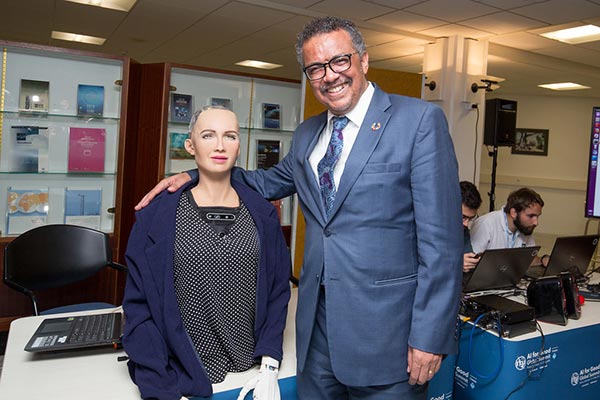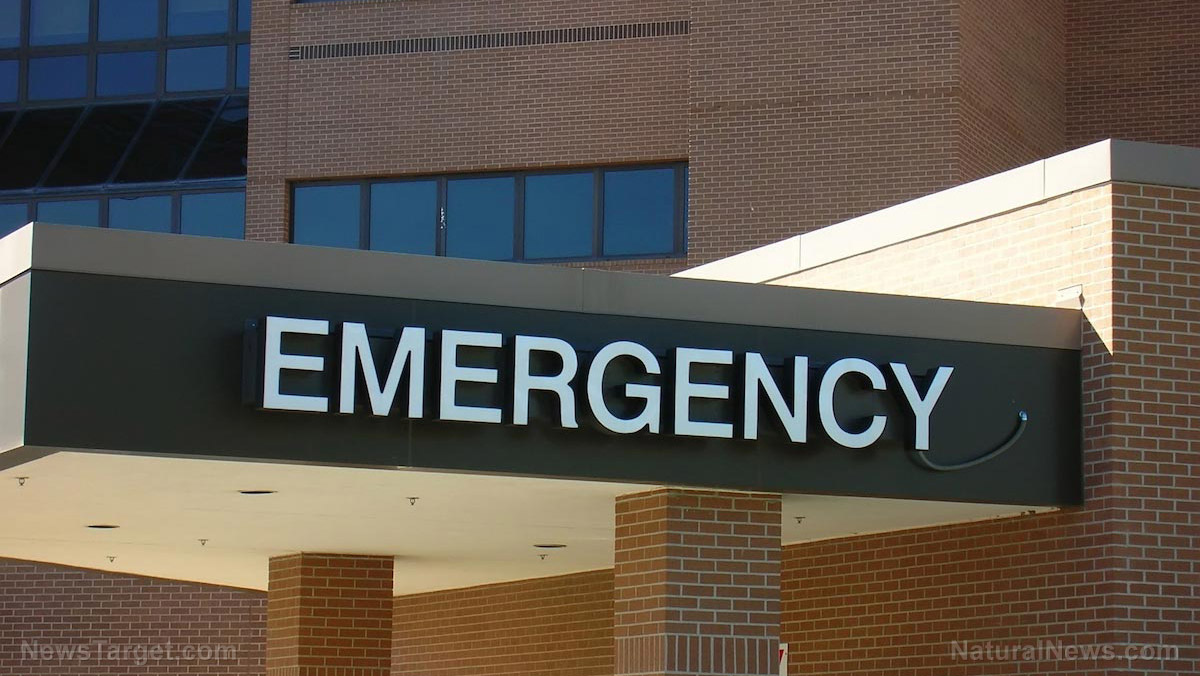“We’re risking a backslide”: Public health experts concerned that emerging from lockdown can bring on a second wave of coronavirus infections
05/11/2020 / By Ralph Flores

Public health experts in the U.S. are sounding the alarm on what they believe is an all-but-certain second wave of deaths and infections, as more states are easing their coronavirus lockdown and starting to reopen their economies. If these states are hit with a new surge of coronavirus infections, experts warn that officials would have no choice but to clamp back down.
“We’re risking a backslide that will be intolerable,” explains Dr. Ian Lipkin, director of Columbia University’s Center for Infection and Immunity and one of the country’s foremost infectious-disease experts.
A delicate balancing act
Since the start of May, governors across the U.S. have begun rolling out plans to relax social distancing measures and reopen businesses. At the height of the restrictions, over 300 million Americans were affected with “stay-at-home” orders. But recent cell phone data revealed that people are leaving home more often, a trend that worries public health experts.
It’s worth noting that many states don’t have measures in place for detecting and containing new outbreaks. Public health officials say that using these measures effectively can help policymakers decide on how to reopen the economy. In practice, however, the plan will require massive testing that is unlikely to be available soon. In addition, contact tracing also presents a unique set of challenges. The effectiveness of manual contact tracing, for instance, is highly dependent on external factors, such as the response rate of people and their willingness to self-isolate. Digital contact tracing – wherein a person’s digital footprint will be used to track his movement – has been touted as a highly effective method to predict the spread of coronavirus, but it also raises ethical questions, particularly about privacy.
In addition, governors have already unveiled measures to revitalize their states, even as they have yet to report a 14-day decline in new illnesses and infections – a key benchmark in the White House’s guidelines for reopening.
Lipkin is particularly concerned about the reopening of bars and large gatherings, which he says are ideal conditions for a widespread outbreak. To prevent it from happening, he says that aggressive contact testing is required – a measure that will need even more health workers, a resource that the U.S. does not have at the moment.
The U.S. has over 1.3 million confirmed COVID-19 cases and over 80,000 deaths as of May 11, according to data from Johns Hopkins University.
Coronavirus models, however, predict that death tolls could reach well over 100,000. The University of Washington’s Institute for Health Metrics and Evaluation (IHME) estimates 134,242 total deaths by August, while Northeastern University’s MOBS model forecasts around 89,000 deaths by mid-May even with stay-at-home orders in place.
“It’s clear to me that we are in a critical moment of this fight. We risk complacency and accepting the preventable deaths of 2,000 Americans each day,” said Caitlin Rivers, a public health expert at Johns Hopkins University.
States ramp up measures to fight coronavirus spread
Across the U.S., both federal and state governments are rolling out measures to stymie the spread of coronavirus.
On Wednesday, Michigan Gov. Gretchen Whitmer extended the statewide stay-at-home order until May 28, saying that the state “isn’t out of the woods yet.”
“This is an important step forward on our MI Safe Start plan to re-engage our economy safely and responsibly.”
Employees in manufacturing plants, however, will be allowed to return to work, and people with multiple in-state homes can resume travel between them.
In California, state officials in Orange County reopened all of the county’s beaches, even as Gov. Gavin Newsom ordered these to be shut down last week. The county’s board of supervisors argued that the governor made the decision to close beaches based on “deceptive” newspaper photographs that made it appear the beachgoers were closer together.
Visit Pandemic.news for all the latest updates on COVID-19.
Sources include:
Tagged Under: China, coronavirus, covid-19, Flu, infections, lockdowns, outbreak, pandemic, quarantine, second wave, superbugs, USA, virus




















